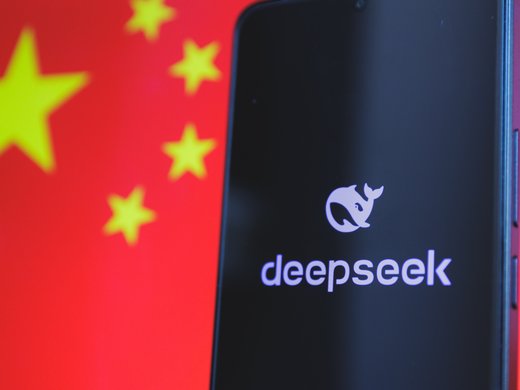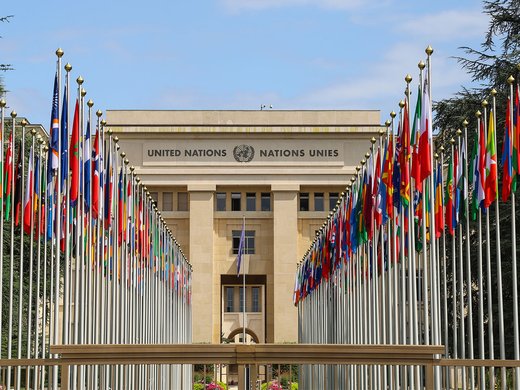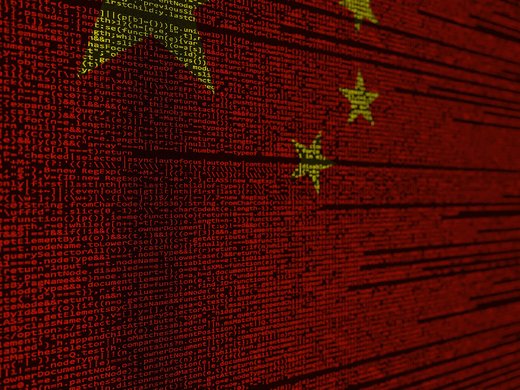There are growing tensions between the multilateral and multi-stakeholder approach to governing the internet and other digital technologies, including artificial intelligence (AI). Recent advancements in AI have prompted debates on whether a decentralized governance model can respond to increasing threats posed by powerful, transnational technology developers. Growing strains on multilateralism can be explained by shifting geopolitical and economic power distribution between North Atlantic Treaty Organization members and nonmembers. However, multilateralism can compel policy coordination and cost reduction within the present, highly fragmented global AI governance ecosystem. Multi-stakeholderism, while not a panacea, principally offers a pathway of equal footing for state and non-state actors to influence AI governance. However, this approach is only possible if concerned stakeholders are deliberate about designing multi-stakeholder mechanisms throughout the product life cycle.


